What the Hell Are NFTs?

The latest art world craze: the emergence of Non-Fungible-Tokens has stirred up some pretty heated debates. We are here to give you a full overview of this new technology and why it relates to the art world, plus pioneering women in the crypto art space to watch.
A non-fungible token (NFT) is a unit of data stored on the blockchain which can represent a unique digital item such as an artwork. An NFT is a cryptographic token which performs a security related protocol, however unlike a cryptocurrency such as bitcoin and utility tokens, NFT’s are not mutually interchangeable, ie. not fungible. The unique NFT is an on-chain token representing ownership of an off-chain asset backed by a social contract from its creator and a surrounding community.
In economics, fungibility is the property of a good or a commodity whose individual units are essentially interchangeable, and each of its parts is indistinguishable from another part. For example, gold is fungible since a specified amount of pure gold is equivalent to that same amount of pure gold, whether in the form of coins, ingots, or in other states. Other fungible commodities include sweet crude oil, company shares, bonds, other precious metals, and currencies. Which is where it gets interesting as NFT’s can be used to commodify digital creations such as digital art, video game items and music files.
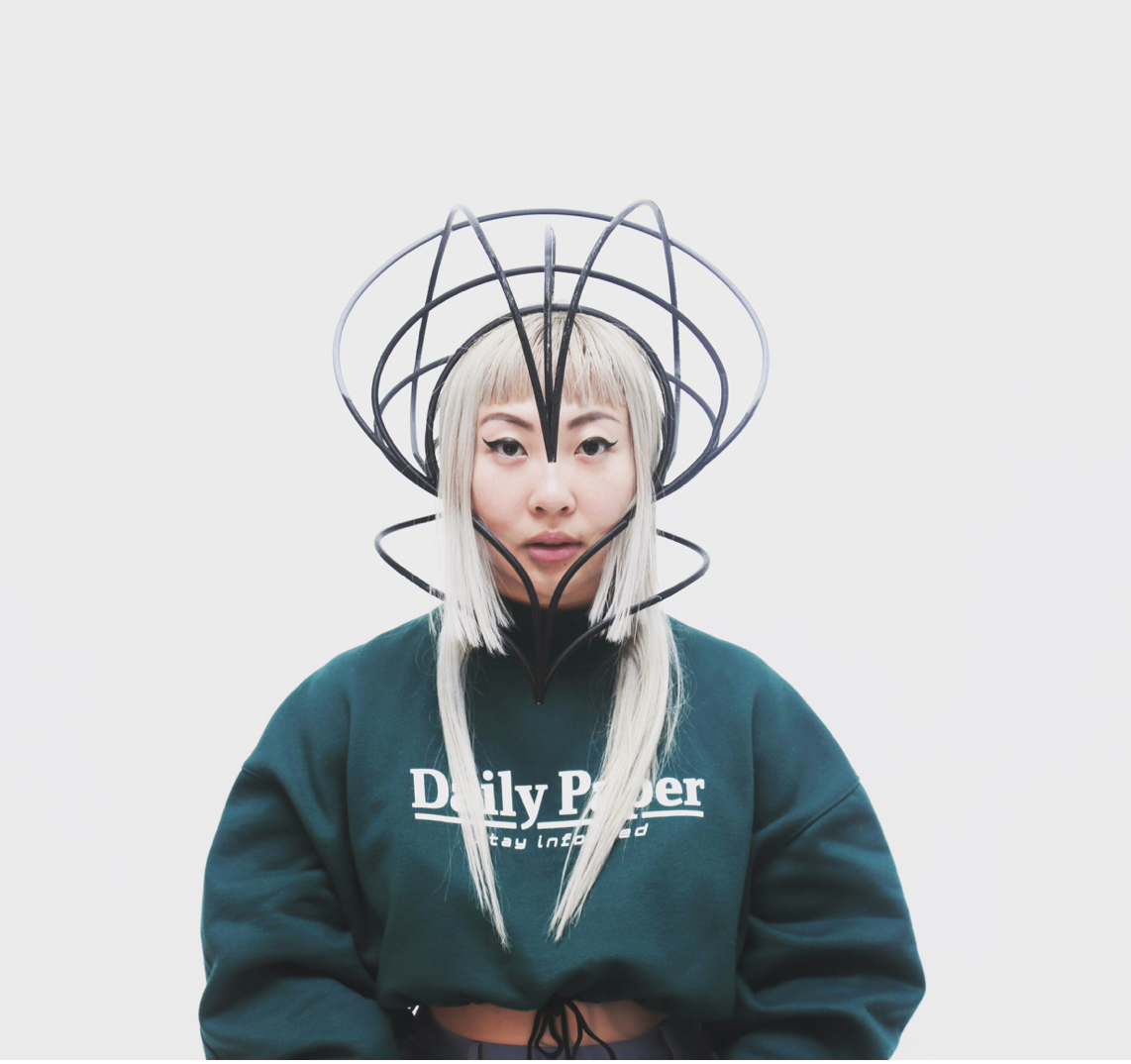
How is it created?
An NFT is created by uploading a file, such as an artwork, to an NFT marketplace. There are now many platforms for NFT’s to be bought and sold such as KnownOrigin, Rarible, or OpenSea, SuperRare, Foundation. This creates a hash of the file recorded on the digital ledger as an NFT, which can be bought with cryptocurrency and resold. While the digital files themselves are infinitely reproducible, the NFTs representing them are tracked on their underlying blockchains and provide buyers with proof of ownership of the NFTs.
The NFT is revolutionary to the world of digital art due to the fact that it allows for an artist to display, sell and distribute their work without a gallery. It also has a built in smart contract which permits the artist to receive royalties continuously as the work is sold on the secondary market. Oftentimes artists will see their work appreciate in value as it is sold on the secondary market, and they do not receive any of the benefits from it. With royalties enabled through these smart contracts, an artist can receive commission every time the NFT is sold to a new person. The commission is instantly received by the artist, as it is sent through the blockchain to their digital wallet, in the form of Ethereum tokens (or another token if it is a different network).
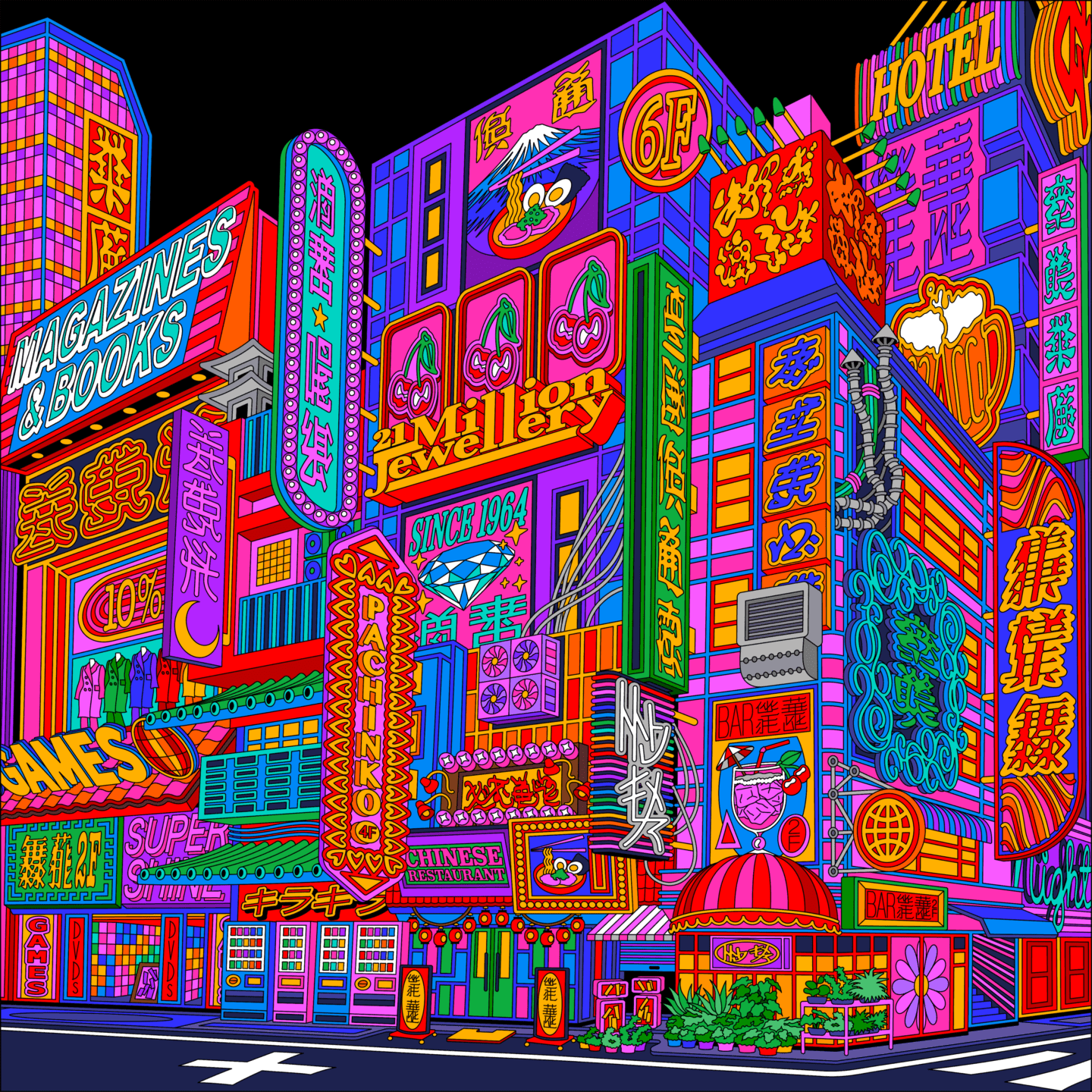
Hype & Speculation
Increased speculation, as the same investors who had previously speculated on cryptocurrencies began trading NFTs at greatly increasing volumes. Similar to the Art market, there are a lot of players in the scene who are there purely for speculation. While this drives the prices up and is potentially good for the artists, it means the individual investor needs to beware! It’s a minefield out there regarding finding out which art pieces are good and which ones are not. Therefore we recommend doing due diligence yourself, and not just jumping into an expensive acquisition because your cousin’s edgy friend tipped him that this is the next ‘big thing’ in crypto. If you’re already exposed to the crypto scene, you’ll know what DYOR means…
ALWAYS Do Your Own Research, the golden rule when you’re buying and selling on the internet. Another thing to note, is the external factors that may affect how NFTs do. One of the main drivers is the crypto market. The push forwards in the case for the NFT and digital art, seems to have largely been spiked by the surge in crypto-interest, which also explains to some degree the extortionate prices that some pieces of art are going for. Considering that we are currently in a ‘bull-market’ for cryptocurrency, which means that everything seems to be going up, it’s hard to speculate on what will happen once that stops.
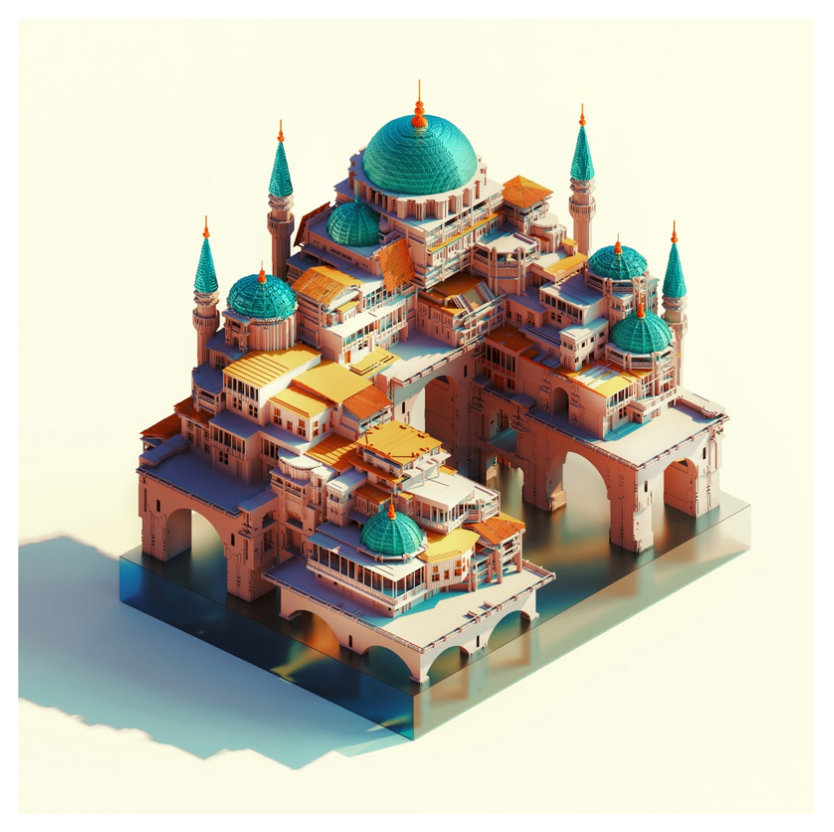
Some people think the hype could die down and we will lose our interest in NFTs, others think we are just at the beginning of the NFT hype. The truth is, that this is a new technology, and literally nobody knows how this will unfold. In 5-10 years we might be giving our grandmothers NFTs for Christmas, or we might look back at NFTs like we do now on Pokemon Go, that iPhone game which had people going mad and chasing down the highway to find a rare Pikachu.
An interesting transition has happened in the last year, whereby NFTs have been adopted by the art world to the point where Christie’s are holding auctions for NFTs, could we even have imagined that 5 years ago? We couldn’t…
The key difference between art and other consumption goods is that the quality of an artwork cannot be objectively determined. Instead, the value of art is socially constructed. It is the artists, buyers, sellers, owners, historians, gallery owners and evaluators that determine the price and value of the artwork. NFTs open up the conversation around what constitutes something to be valuable. An artist creating an artwork doesn’t necessarily mean that this is a good piece of art or that it is valuable. The artwork moves through time and space and interacts with its audience which transmutes it into a valuable object or work depending on the cultural context of the work, the distribution of it, the reputation of the artist, the reputation of the gallery and the collective which agrees that this is worth something. The observation of art is the alchemy that turns that cultural product into art, the audience and the art are linked in a relationship that is absolutely codependent. The cumulative meaning of our experiences as it relates to that object essentially helps that object gain status and power and relevance and complexity and authority
The Value of Art
The key difference between art and other consumption goods is that the quality of an artwork cannot be objectively determined. Instead, the value of art is socially constructed. It is the artists, buyers, sellers, owners, historians, gallery owners and evaluators that determine the price and value of the artwork. NFTs open up the conversation around what constitutes something to be valuable. An artist creating an artwork doesn’t necessarily mean that this is a good piece of art or that it is valuable. The artwork moves through time and space and interacts with its audience which transmutes it into a valuable object or work depending on the cultural context of the work, the distribution of it, the reputation of the artist, the reputation of the gallery and the collective which agrees that this is worth something. The observation of art is the alchemy that turns that cultural product into art, the audience and the art are linked in a relationship that is absolutely codependent. The cumulative meaning of our experiences as it relates to that object essentially helps that object gain status and power and relevance and complexity and authority.
The difference between the traditional art world and the crypto art world is that the gatekeepers who decide what is valuable are exclusive, versus NFTs, which provide an opportunity for an artist to create their own market and thus their own careers.
How to buy your first NFT
After all the hype and speculation around NFTs, most people will either be running for the hills or running to their laptop to pick up their first piece of digital art. If you’re one of the people interested in getting your hands on an NFT, but aren’t quite sure where to start, then follow our guide to take your first steps into this new world.
1. CREATING A WALLET
The first step in your journey to becoming an NFT collector, is setting up your digital wallet. While there are many different types of wallets that can be used, the most common is MetaMask, which you can download as a Chrome extension. Once it is set up, you’ll have to make an account and you’ll get your seed phrase. This seed phrase can be used to recover your account, so keep it safe and never let it be compromised! Depending on the size of your investment, you may also want to look into secure ways to store your seed phrase.
2. MARKETS
Once your wallet is set up and you’ve transferred some Eth into it, your ready to start collecting. The next step is figuring out what you want to buy and where. The term NFT is very broad, and encompasses many different types of NFTs, and it is important to distinguish that not all NFTs are considered art. For example, a current hyped NFT is the NBA Top Shot, which is a digital collectible whereby users buy a specific highlight reel. In order to decide which marketplace you want to buy with, you should figure out which NFT you are interested in, and then research where to get them. Marketplaces that are popular at the moment include OpenSea, Rarible, Superrare, and you will find different artists on each platform depending on what you are looking for.
3. WALLET ADDRESS
Once you’ve found the piece of artwork you want, or the platform you want to use, you need to log into the platform with your wallet, which is a matter of connecting it in the top right corner of your browser, and then clicking confirm within your wallet. You will now be able to buy and sell on the platform, as well as holding onto your own art pieces. It’s important to note that your wallet address is connected once you’ve signed in, which means you could also send an NFT to someone else if you have their wallet address.
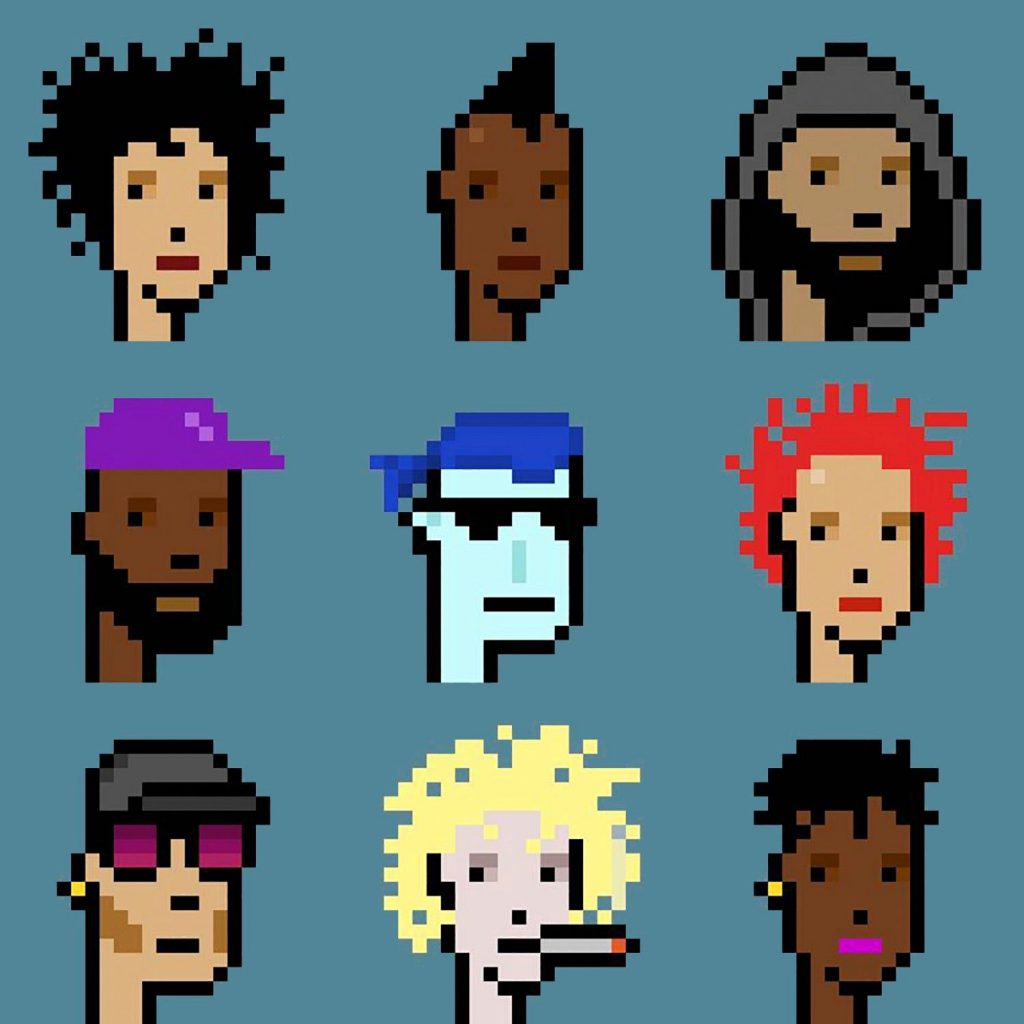
Pioneering Women in the Crypto Art Space
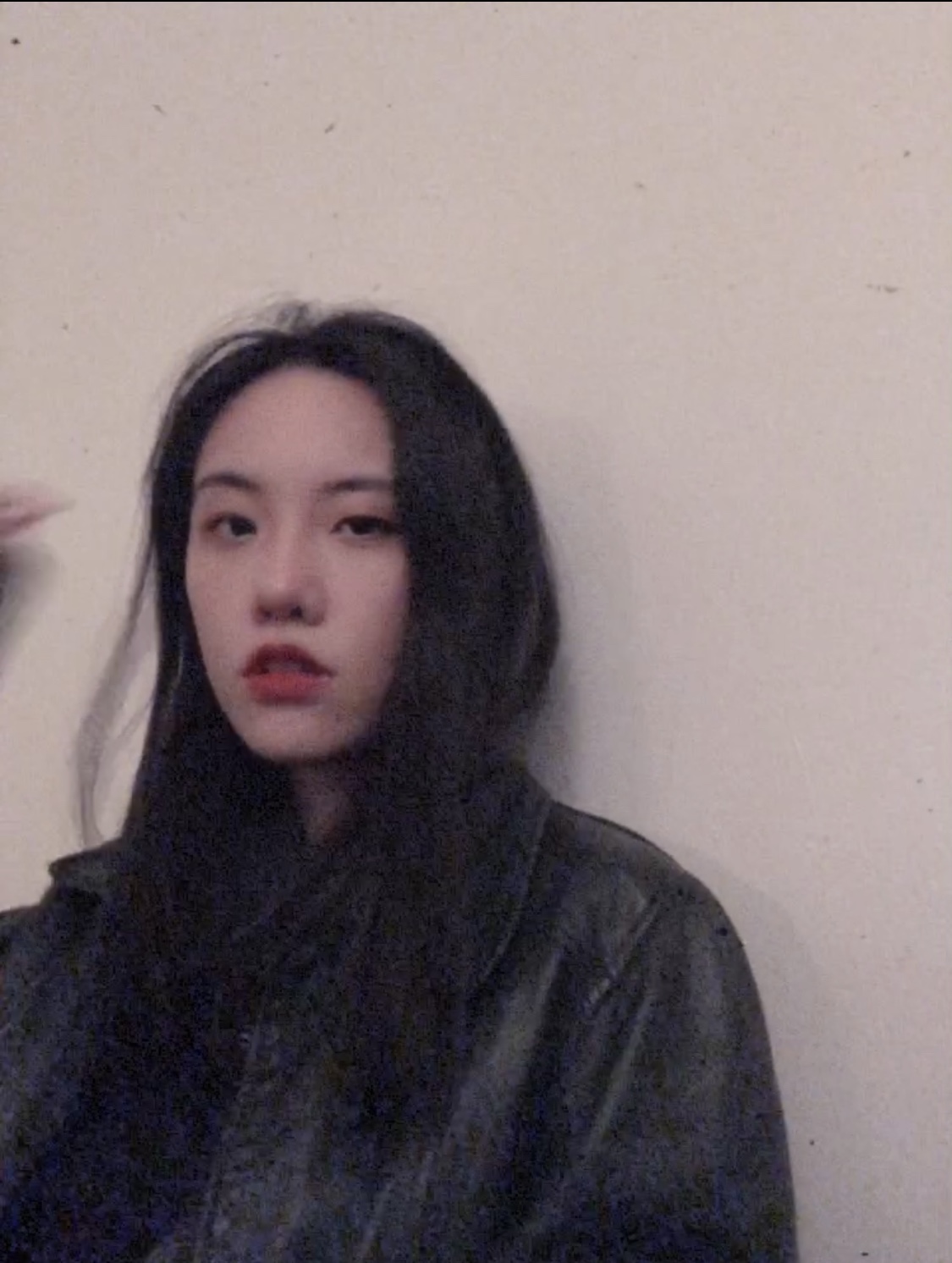
An Rong
Art & Cultural Program Director, SuperRare
One of the most important players in the digital NFT world. Upon completing her thesis on the topic of blockchain’s applications in the art world, she has organized multiple crypto art exhibitions in virtual space and is dedicated to building the cultural aspect of crypto art.
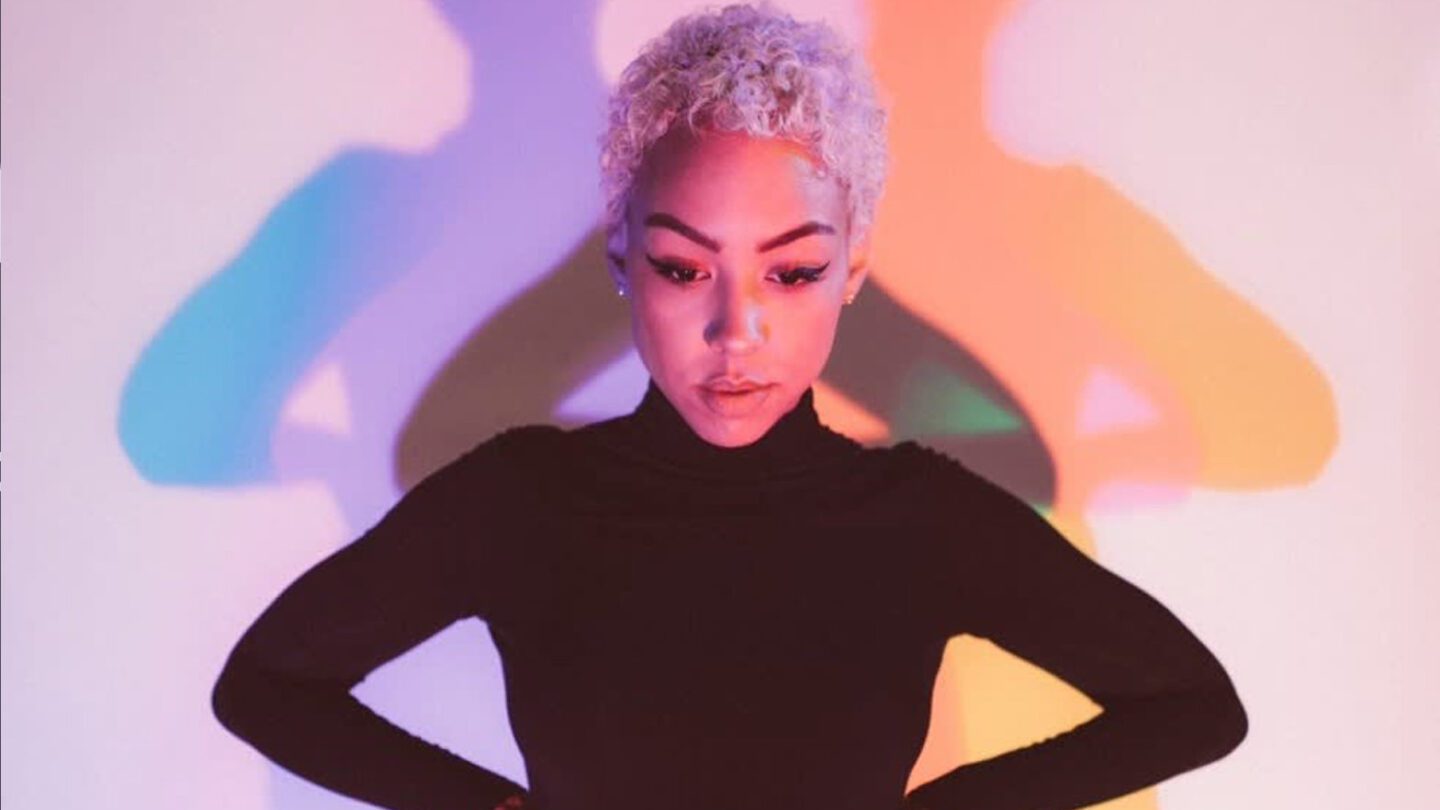
Elise Swopes
One of the original Instagram artists who work is featured on billboards, commercials, and agencies across the globe.
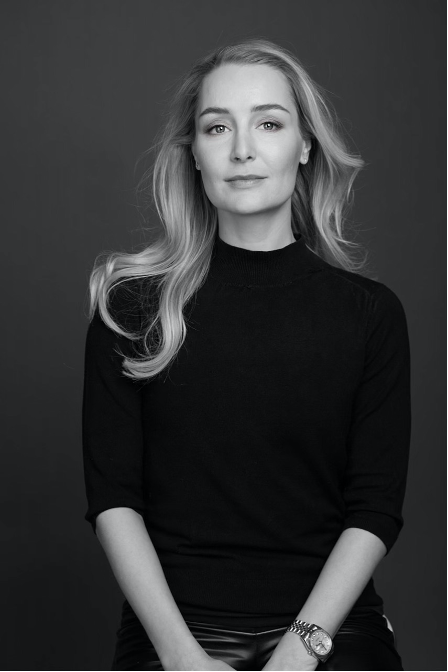
Kate Vasilieva
Founder of Kate Vass Galerie
One of the most important players in the digital NFT world. KVG is the first physical gallery in the world, headquartered in Zurich, Switzerland, which specializes in art and technology (blockchain, crypto, AI) since 2017. Pioneering in the space of physical and digital, the gallery represents the best program of generative art. It works closely with international curators, showcasing both: emerging & established new media artists, facilitating their rise to distinction.

